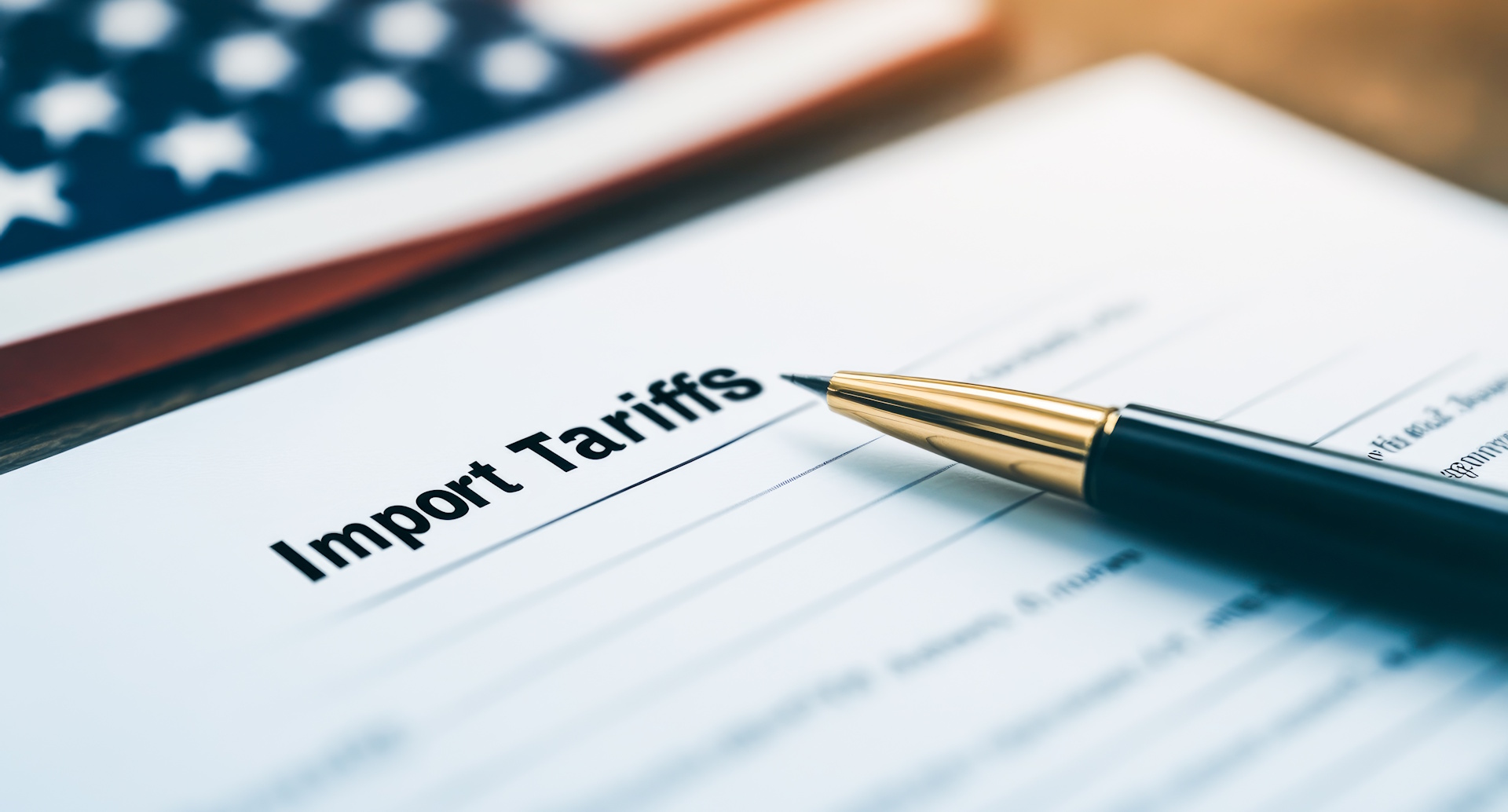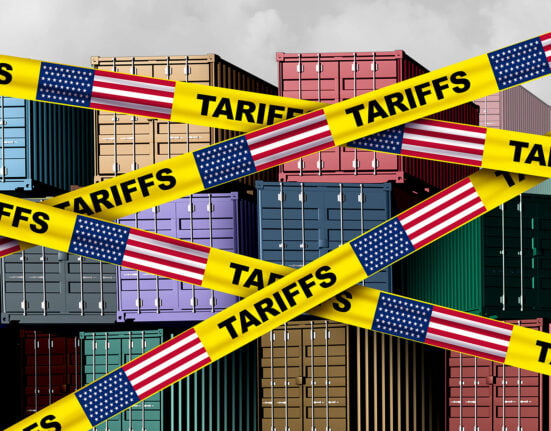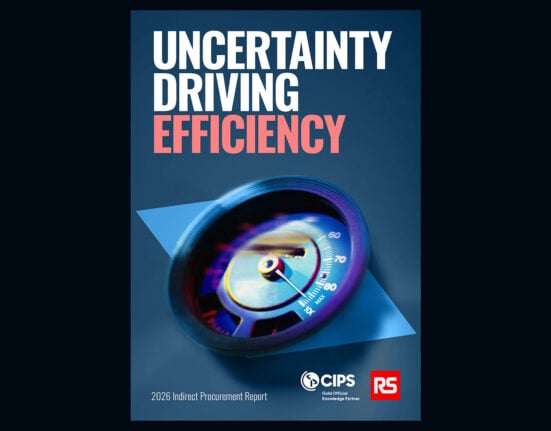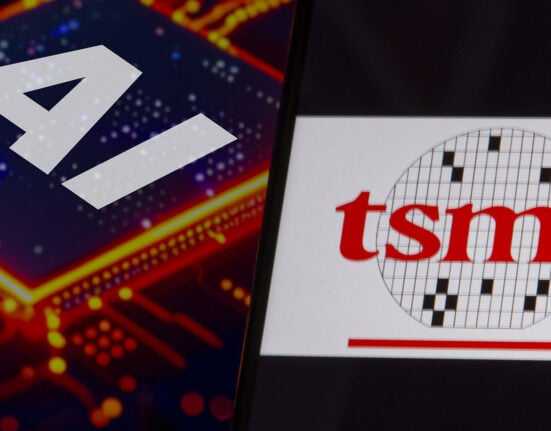On Wednesday evening, US President Donald Trump announced an unprecedented set of new tariffs on all countries trading with the US.
Hakan Henningsson, tax director at professional services group S&W (previously part of Evelyn Partners) comments on the implication for UK businesses.
“UK businesses exporting to the US will need to immediately start work on verifying the origin of these products,” commented Hakan. “It’s really important that the correct country of origin is stated on the US import declaration, attracting the correct amount of customs duties.
“Where goods contain components/raw materials from multiple countries, the non-preferential origin rules in the country of export must be applied. This type of origin analysis will be challenging for businesses unaccustomed with interpreting origin rules. Northern Ireland’s unique position (being part of the UK but at the same time being part of EU’s customs territory) might present unique challenges should the EU decide to take counter measures against the US without the UK following suit.”
What practical steps should UK businesses take?
“For businesses importing or exporting physical goods, the first and most important thing to understand is the full supply chain of these products,” Hakan commented.
“Secondly, businesses must analyse the product-specific rules of origin, in order to determine whether or not their products will attract additional tariffs. For instance, just because something comes from Germany does not necessarily mean that it originated in Germany for customs purposes. Similarly, for UK manufacturers it is crucial to understand the country of origin of any raw materials and components going into the finished product; just because the final assembly takes place in the UK doesn’t necessarily mean that it originated in the UK for customs purposes.
“The burden is normally on the importer to prove the origin to the customs authorities. In certain scenarios, a business may be required to go all the way down the supply chain to fully understand what the country of origin is, and this analysis must take place before the goods are presented to the customs authorities in the importing country. We have been seeing examples of this since the additional duties on steel and aluminium products came into force, with businesses being asked to provide evidence of where the raw materials were smelted by US customs.”
The US customs law allows under certain circumstances for the so called ‘first sale’ rule to apply, which typically reduces the customs value upon which the tariffs are based, which results in lower duty costs; this option is not available in the UK and EU.
Hakan added: “There may be scope for managing costs by exploring other areas of the supply chain where there are duty optimisation strategies currently being underutilised.
“Now may also be the appropriate time to reevaluate global supply chains with a view to shift goods flows to and from countries with more favourable trading relationships, diversifying markets and avoiding an overreliance on tariff-affected markets. There are other cost mitigation strategies, but no action should be taken without careful consideration of all customs compliance aspects.”
Background
Earlier this year, Trump imposed additional tariffs on certain goods, namely:
- Additional 10% tariffs on all goods of Chinese origin, effective from 4th March
- Additional tariffs on goods of Canadian & Mexican origin, effective from 6th March
- Additional 25% tariffs on all steel and aluminium of non-US origin, effective from 12th March
Last night, Trump announced additional tariffs on additional goods, namely:
- 10% ‘baseline’ tariffs on all goods of non-US origin (i.e., including UK originating goods), effective from 5th April
- It is not immediately clear from Trump’s statement what the total duty rate will be on goods attracting a positive duty rate pre-announcement, but it would appear that the ‘baseline’ tariff is intended to be added to the pre-announcement duty rate
- It would appear that the additional 25% tariffs on steel and aluminium of non-US origin, which came into force on 12th March, will remain in place and are therefore unaffected by the new 10% ‘baseline’ tariffs
- For non-US origin vehicles, the ‘baseline’ tariffs will be 25% instead of 10%, effective already from 3rd April
- There will be a higher ‘baseline’ tariff on goods from specific countries, effective from 9th April – from what we know this includes:
- EU 20%
- Switzerland 31%
- Norway 15%
- Japan & Malaysia 24%
- South Korea 25%
- China 34%
- Taiwan & Indonesia 32%
- Pakistan 29%
- India 26%
- Bangladesh 37%
- Vietnam 46%
- Laos 48%
- Cambodia 49%
- Thailand 36%
- Myanmar & Sri Lanka 44%
- Philippines 17%








